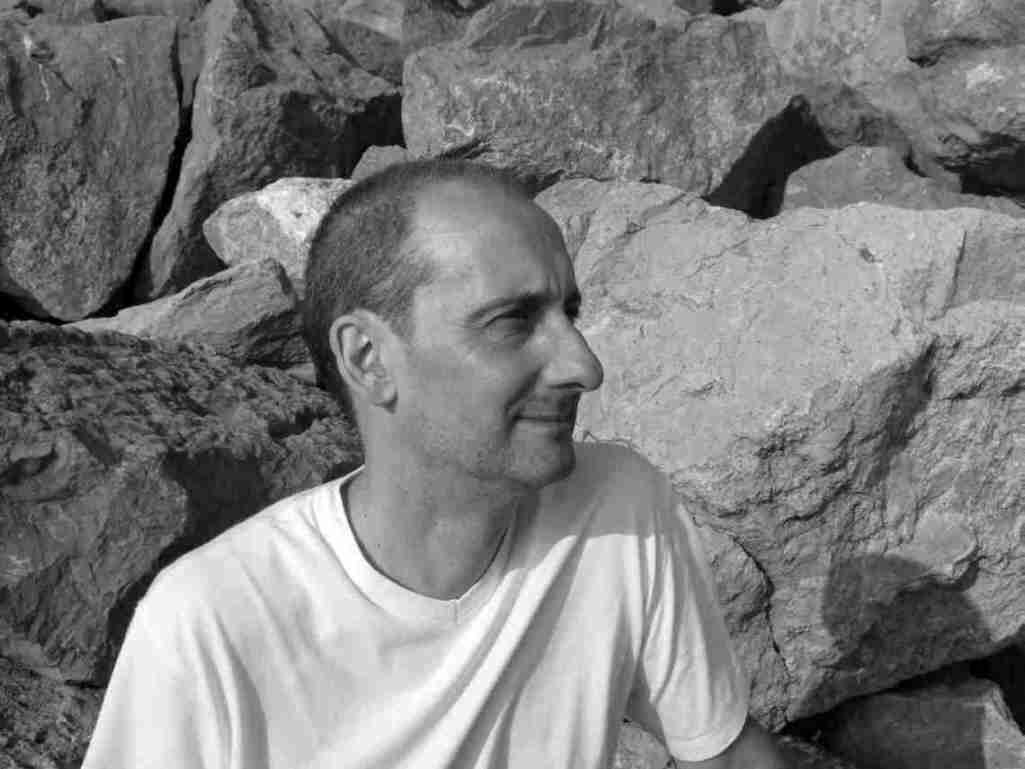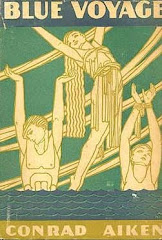
Paul Rooney's film Bellevue draws on Lowry's time in a psychiatric ward at New York's Bellevue Hospital in 1935, which informed his novella Lunar Caustic. Published posthumously in 1958, the book focuses on a failed English musician who befriends two other patients. Rooney was interested in the book's 'study of the disorientation of addiction and intoxication, but also in the idea of Lowry's voluntary attendance at Bellevue (he could check out when he liked), which parallels the privileged position that art has in relation to real life: it is always easier to visit desparate places when you know that you can leave at any time'.
In the film a man, 'Bill', is taking part in an advertising agency's focus group meeting, which is using the conference facilities of a beautiful English stately home. The focus group is discussing an ad campaign for US city break holidays. But Bill also appears to be acting out scenarios set in a 1930s New York psychiatric institution, in which he takes on the character of a failed jazz musician recovering from alcohol abuse. Eventually, this 1930s world, and the shadow it casts over the present, entirely disrupts the proceedings.
The artist says 'Bellevue extends my interest in the artifice of narrative construction, and how this artifice is all we have to make sense of the world. I have adapted a pre-existing "found" text, and re-written and repositioned it in a new context. I am interested in language play, how differing "voices" - such as contemporary marketing speak or mid-20th century literary modernism - can be deliberately disrupted through collision to emphasise both their deceit and their formal delight'. Bryan Biggs Artistic Director The Bluecoat Liverpool: Under The Volcano; An Exhibition for Malcolm Lowry 1909-1957







No comments:
Post a Comment